10 Must-Visit Historical Sites in Rome
Introduction: Rome, a city steeped in history, is an open-air museum displaying millennia of stunning architecture and world-changing events. From the grandeur of ancient ruins to the splendor of Renaissance art, Rome offers a journey through the past that is unparalleled. This article explores the top ten historical sites that are a must-visit for anyone traveling to Rome.
1. The Colosseum:
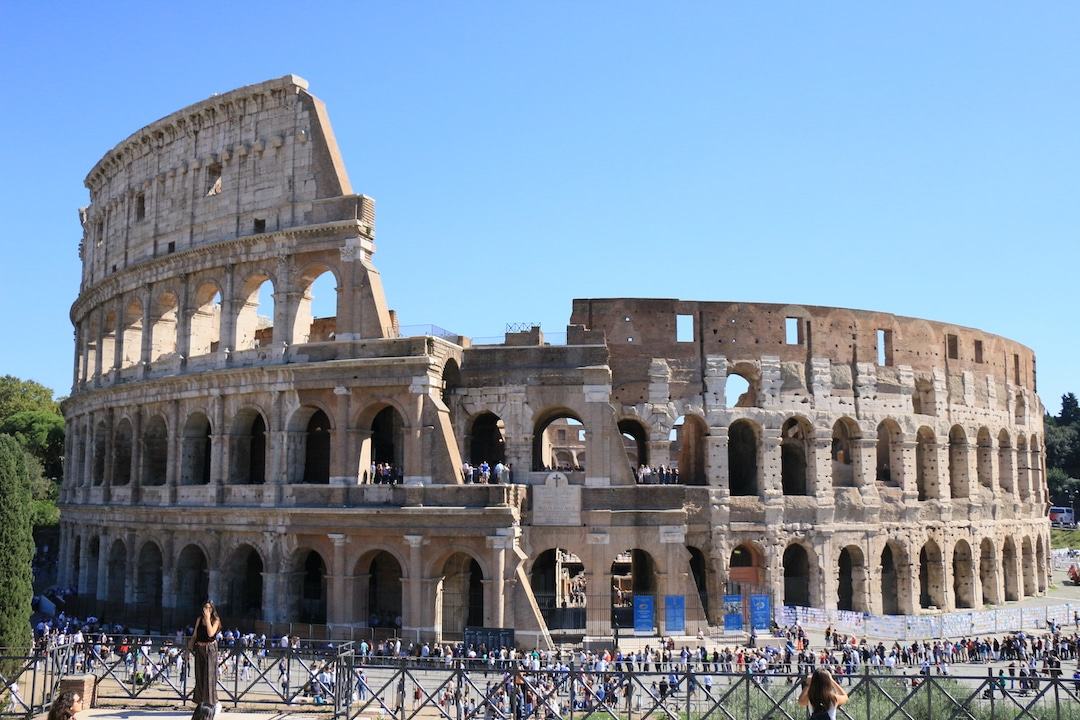
The Colosseum, an enduring symbol of ancient Roman engineering, is a massive amphitheater where gladiators once battled. Its imposing structure and rich history make it a must-see. Walking through its arches, one can almost hear the roar of ancient crowds.
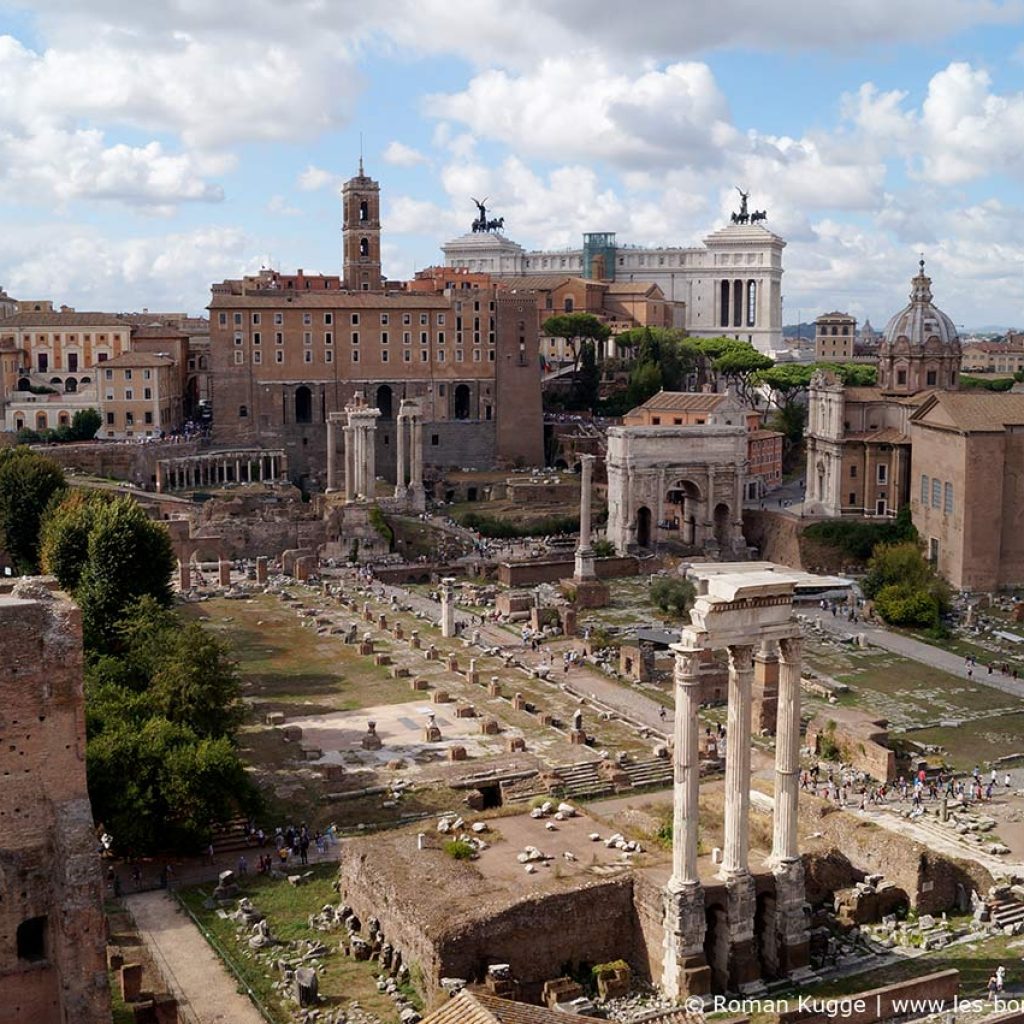
Adjacent to the Colosseum lies the Roman Forum, the heartbeat of ancient Rome. This sprawling complex was the center of Roman public life, hosting triumphal processions, elections, and public speeches. Today, its ruins offer a window into the life of ancient Romans.
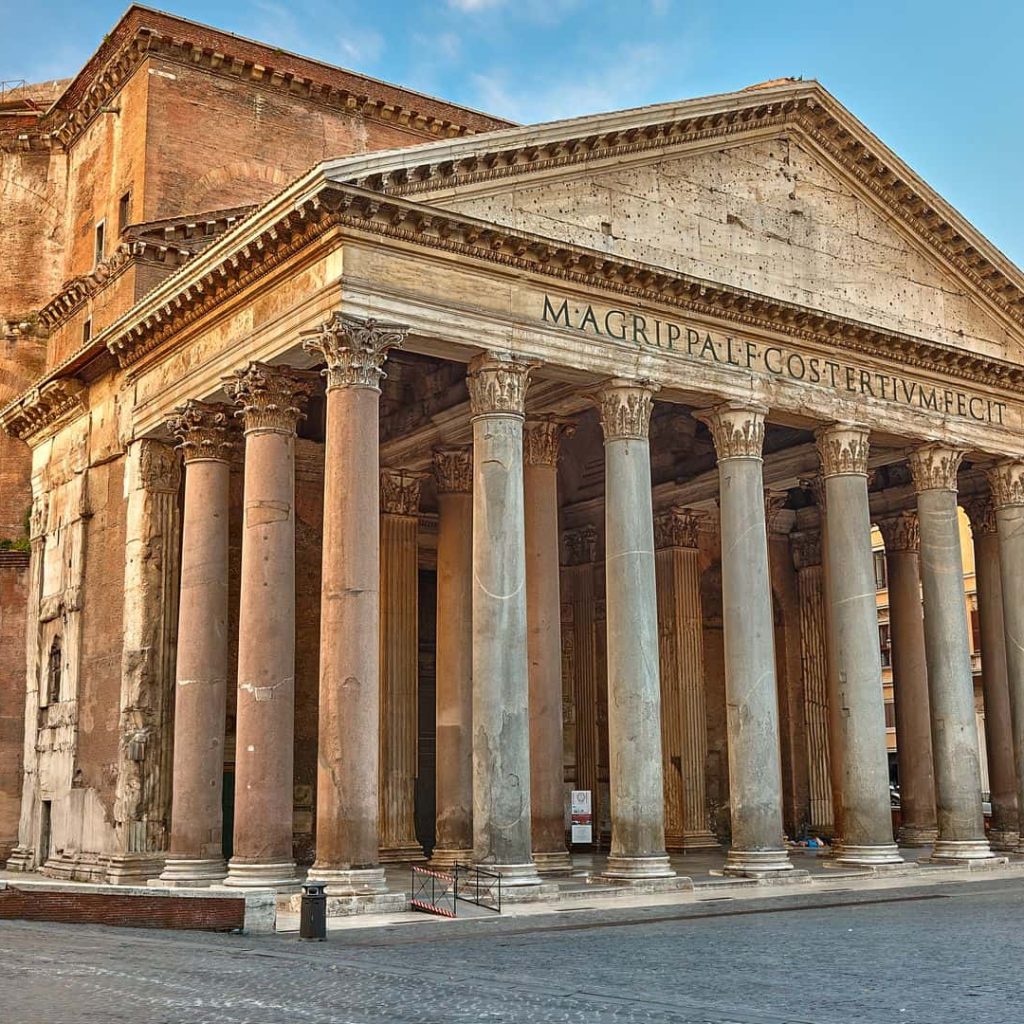
The Pantheon, a marvel of ancient architecture, boasts the world’s largest unreinforced concrete dome. Originally a temple to all gods, it’s now a church and the final resting place of famous artists and kings. Its oculus, the central opening at the top of the dome, offers a unique play of light.
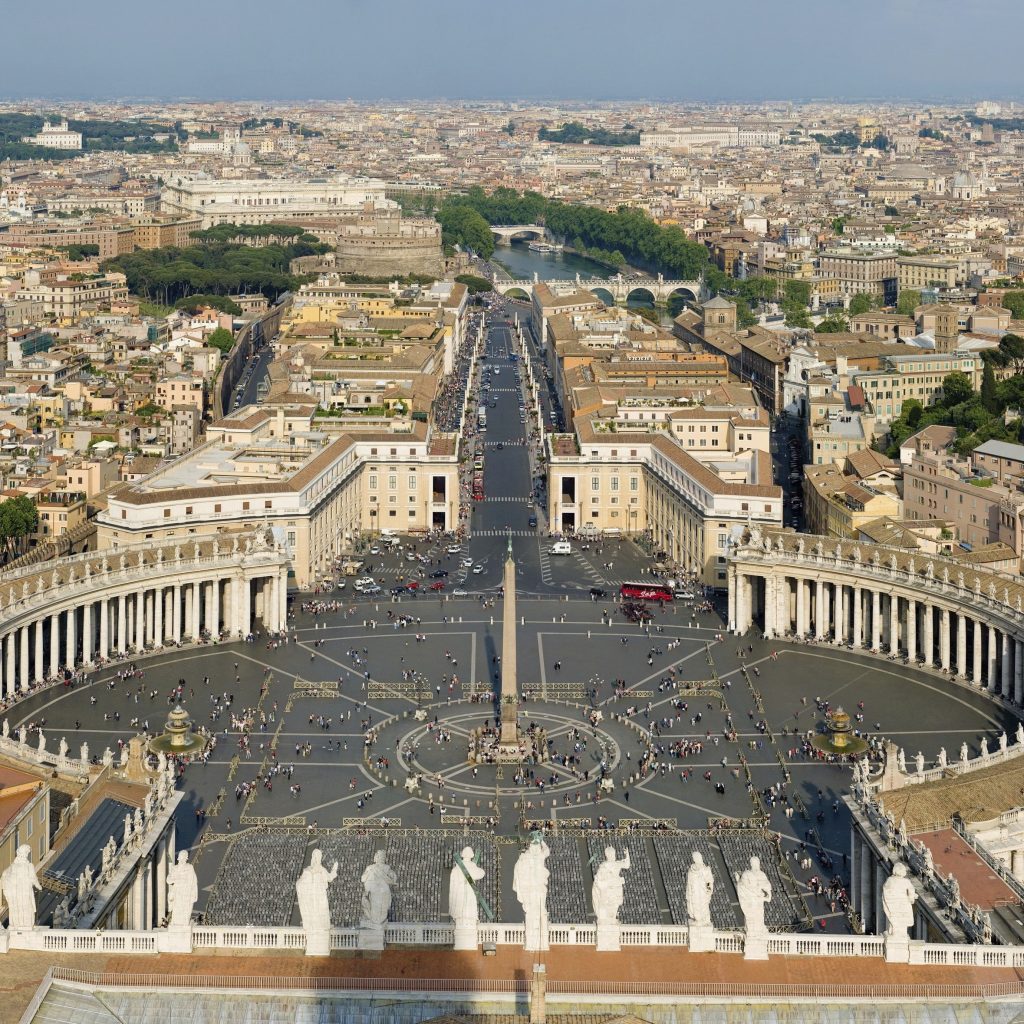
Vatican City, an independent city-state within Rome, is the spiritual and administrative center of the Roman Catholic Church. St. Peter’s Basilica, with its magnificent dome designed by Michelangelo, is a pilgrimage site for Catholics and an architectural wonder for all visitors.
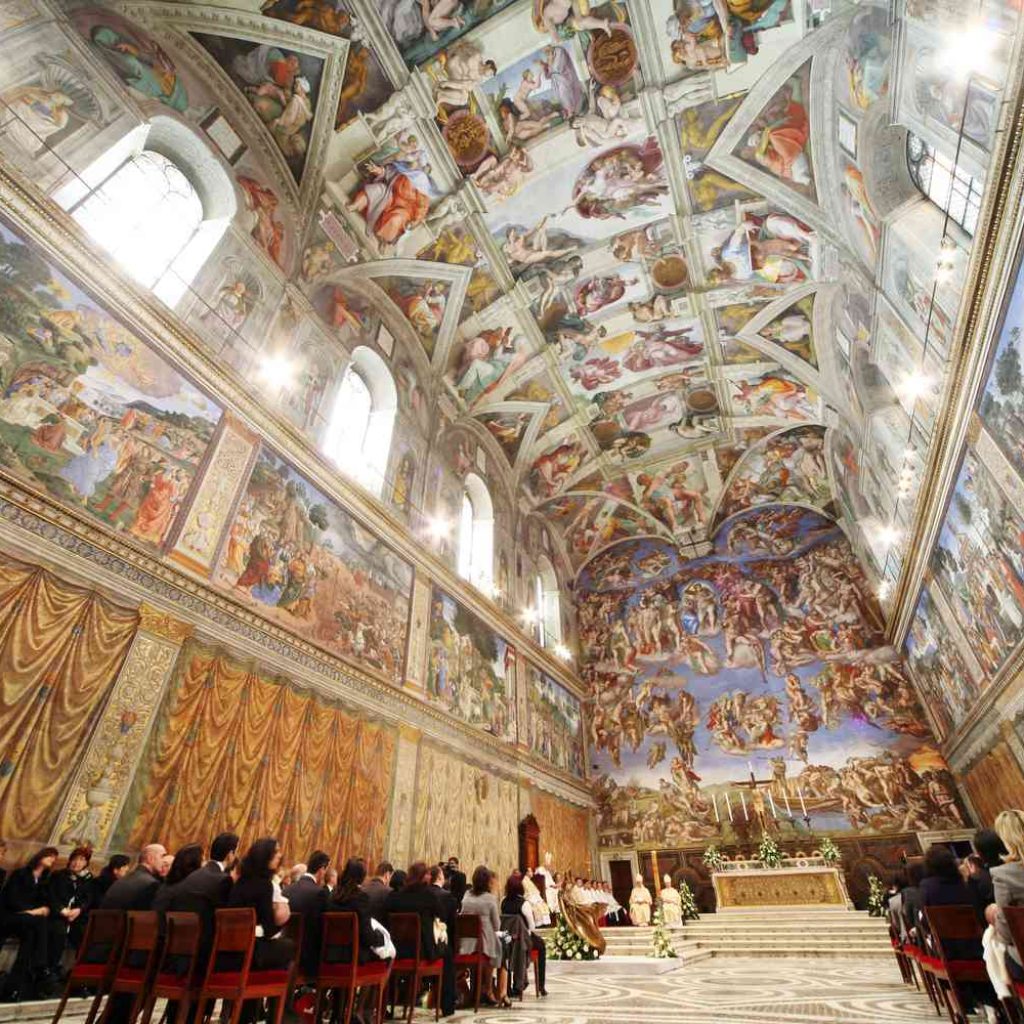
Inside Vatican City, the Sistine Chapel is renowned for Michelangelo’s ceiling frescoes, depicting scenes from Genesis, and his stunning ‘Last Judgment’ on the altar wall. These masterpieces of Renaissance art attract millions of visitors each year.
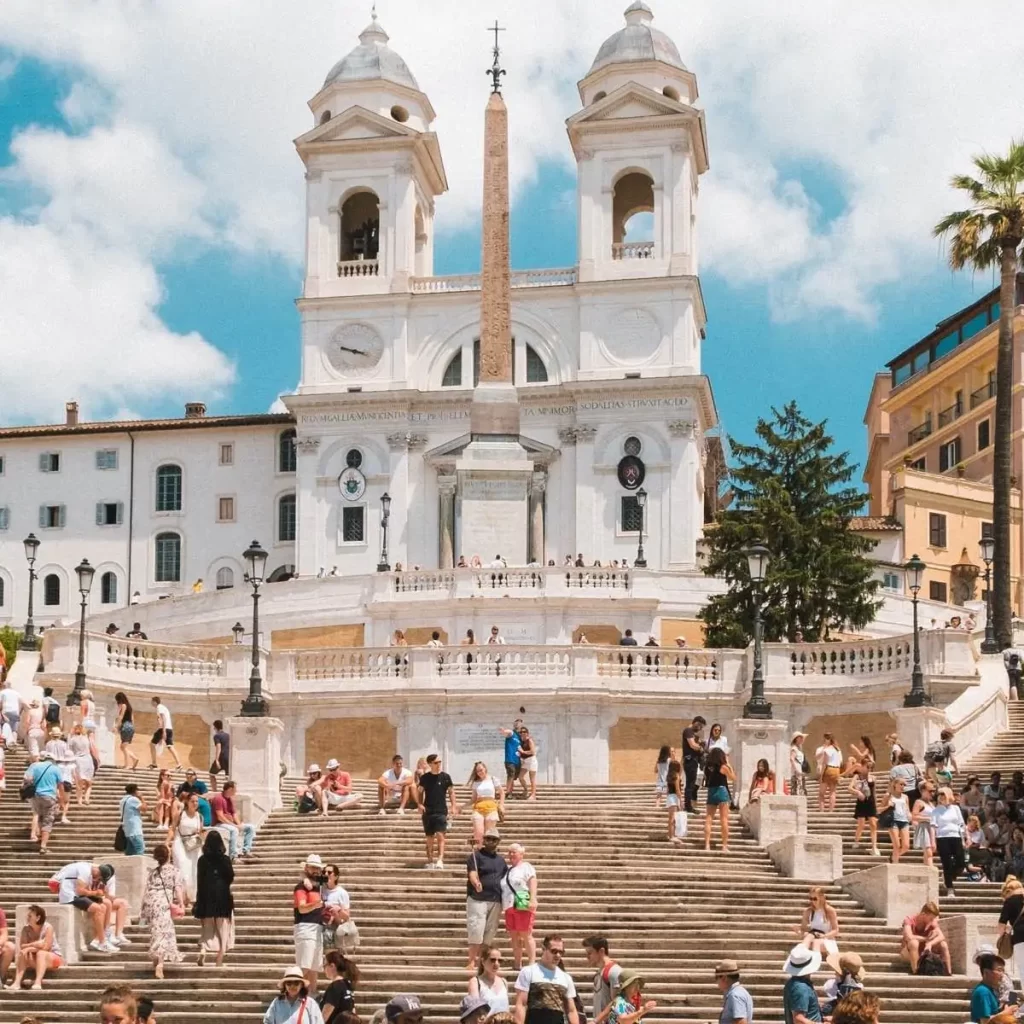
The Spanish Steps, a monumental stairway of 135 steps, connect the Piazza di Spagna at the base with Piazza Trinità dei Monti at the top. The steps are a popular gathering place and offer a picturesque view of Rome’s urban landscape.
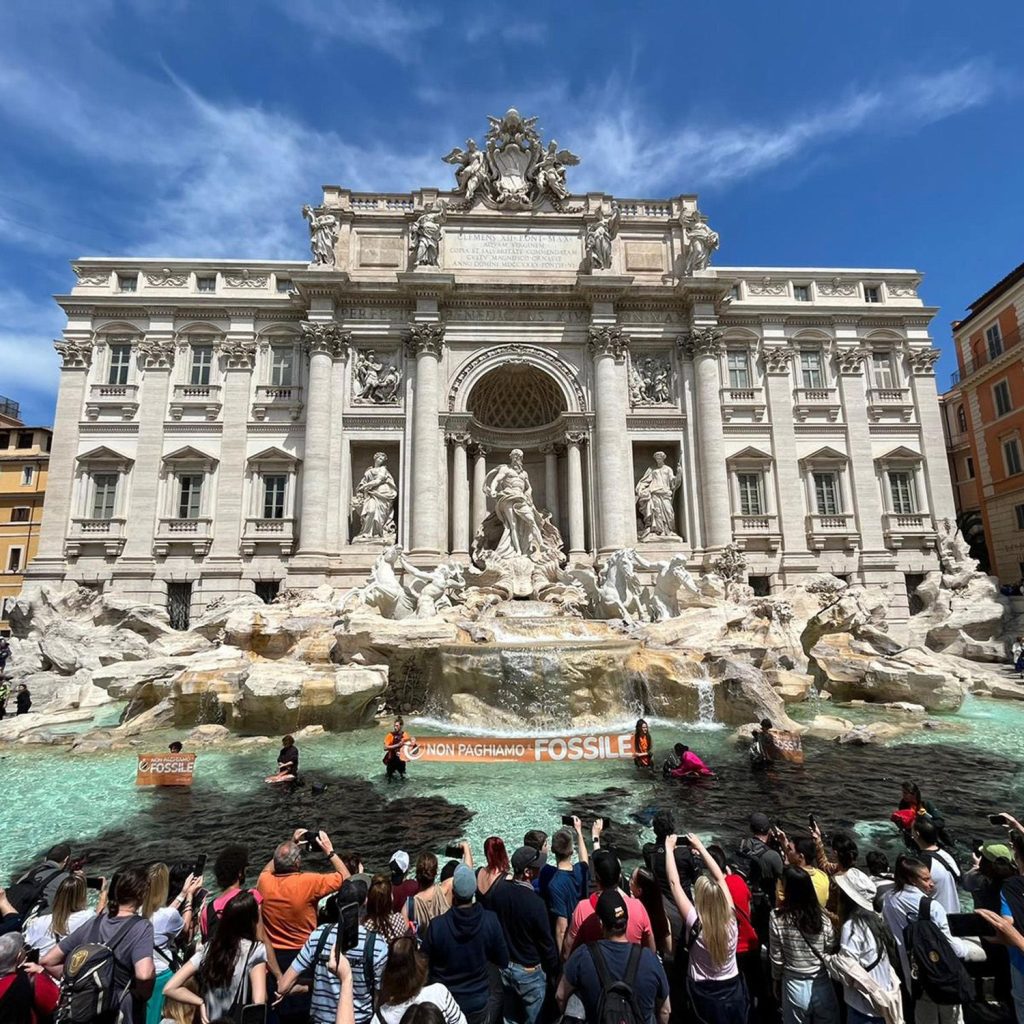
The Trevi Fountain, an iconic Baroque masterpiece, is the largest and most famous fountain in Rome. Tradition holds that throwing a coin into the fountain ensures a return to Rome. Its grand sculptures and cascading waters create a magical atmosphere.
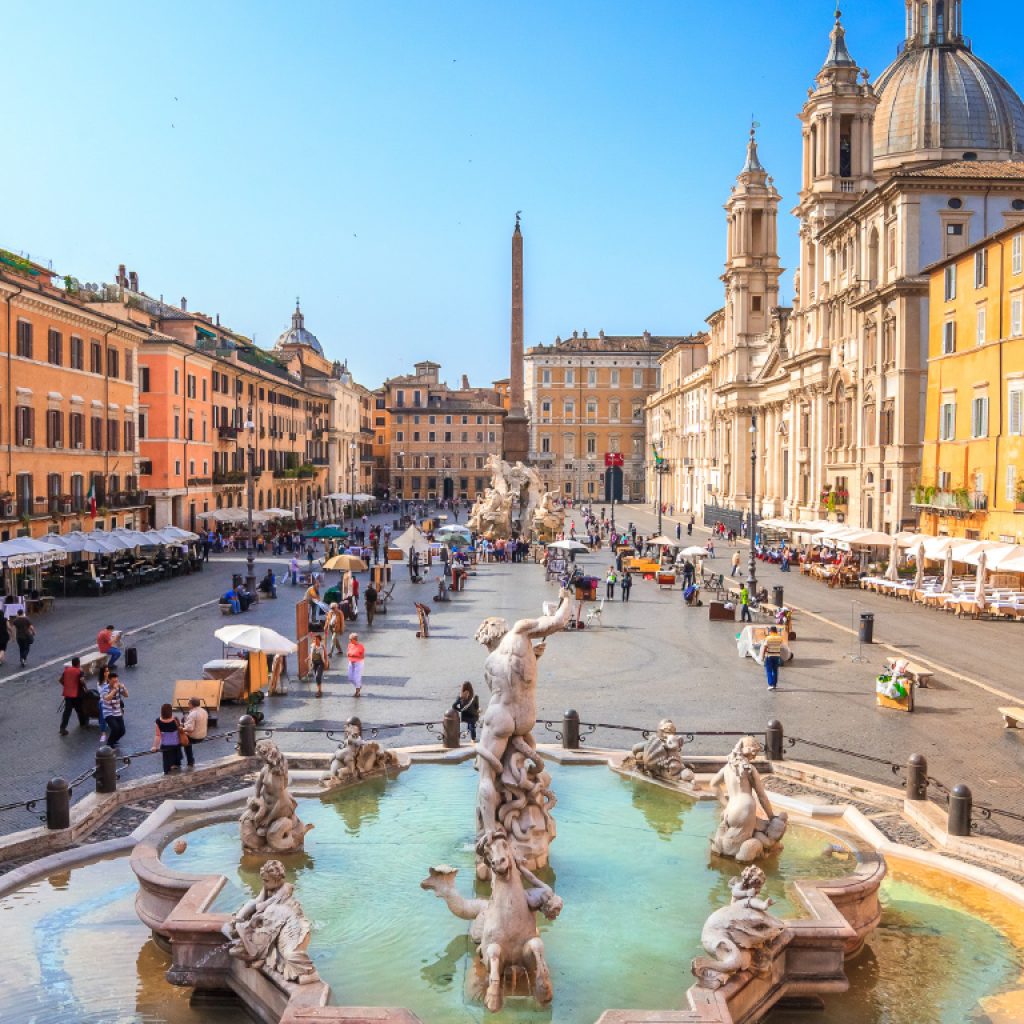
Piazza Navona, known for its stunning Baroque architecture, hosts three magnificent fountains, including Bernini’s famous ‘Fountain of the Four Rivers’. The piazza, with its vibrant street life, is a testament to Rome’s enduring allure.
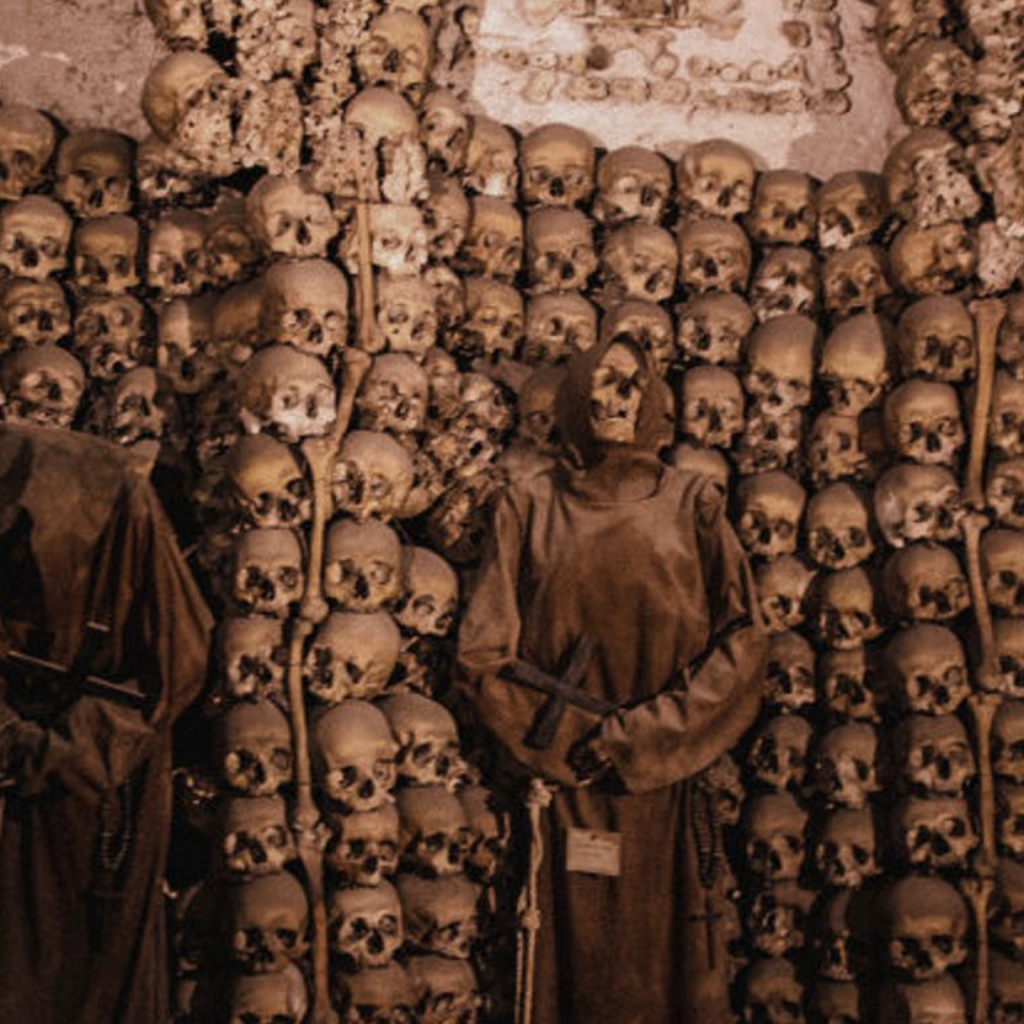
Rome’s catacombs, ancient underground burial places, offer a fascinating glimpse into early Christian Rome. These subterranean passageways, lined with tombs, are a somber yet intriguing exploration of Rome’s history.
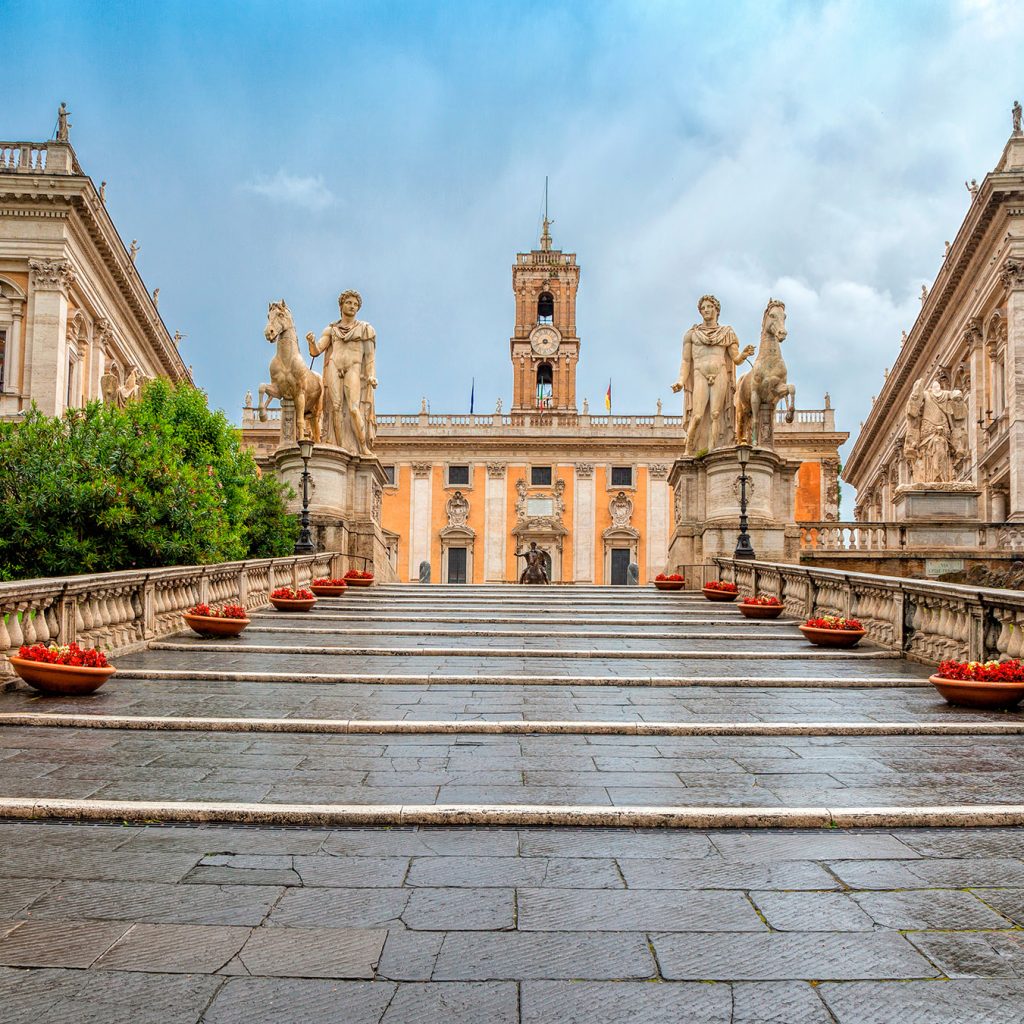
Capitoline Hill, once the citadel of the earliest Romans, houses the Capitoline Museums. The museums display a vast collection of art and archaeological finds, providing insight into Rome’s rich history and culture.


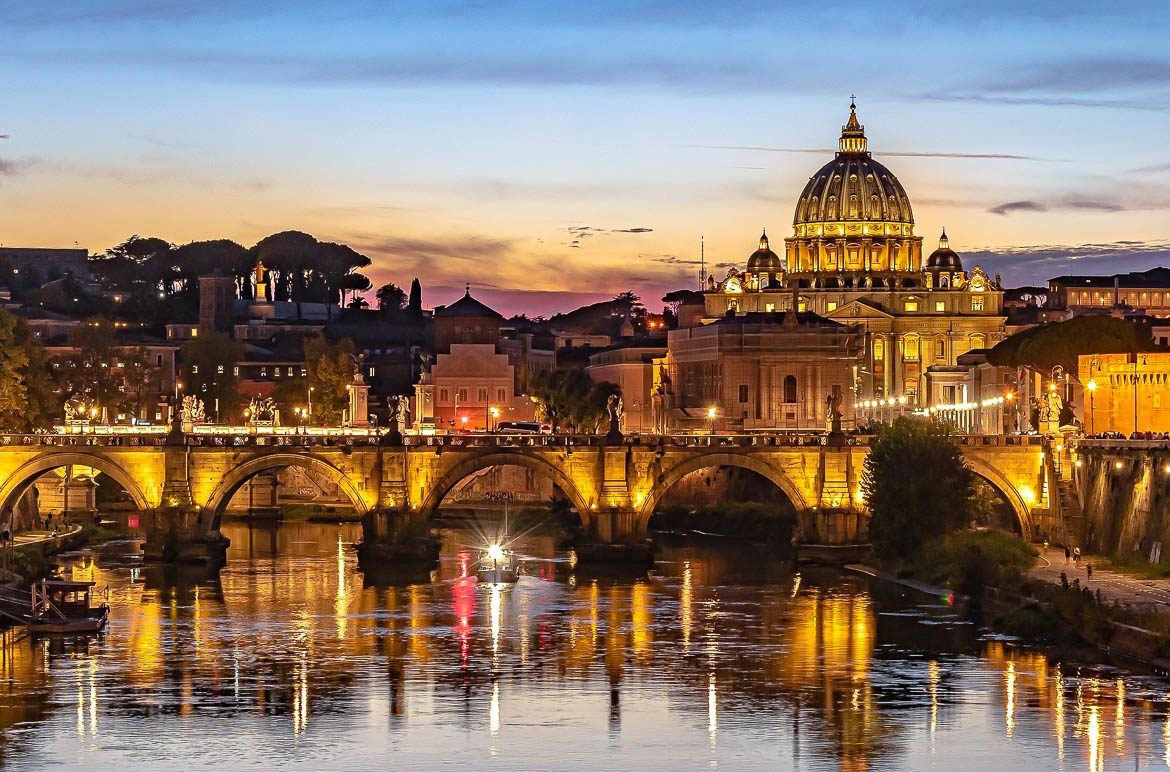
Comment (0)